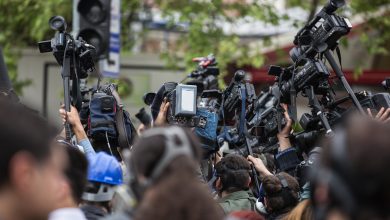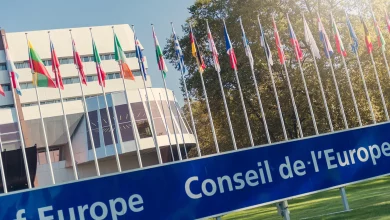A Permanent Regulation for Media Outlets Covering Elections

The regulation on covering elections by media outlets entered into force with the publication of the document in the Monitorul Oficial on August 4, 2023. The provisions of this document are mandatory for media outlets which will cover parliamentary, presidential, local, regional, and partial elections, and referendums. The document was approved by the Central Electoral Commission (CEC) in order to transpose the provisions of the new Electoral Code, which entered into force in late 2022.
The regulation stipulates the rights, obligations, and the status of the persons involved in the process of covering elections by media outlets, except those founded by political parties, in order to provide complex, objective, and reliable information for the public throughout the electoral process via media outlets. Unlike the regulations which, according to the previous electoral legislation, were approved by the CEC within the first seven days of each electoral term, the document published in the Monitorul Oficial on August 4, 2023, will be applicable to all the future elections.
The document regulates legitimization of accredited journalists, as well as that of freelancers, such as bloggers or vloggers, as observers by the CEC. While the required dossier from newsroom journalists shall include an application from the employing media outlet and an excerpt confirming its registration, a dossier from bloggers or vloggers shall contain “a proof from the national association of journalists and/or a list of publications.”
The procedure of covering the elections by audiovisual media services is regulated in a separate chapter of the Regulation. The document provides for a series of strict rules TV channels and radio stations shall comply with. Among other things, media institutions broadcasting election debates will have to air these media products in prime time and make them different from other programs by means of using unique acoustic and visual signals. In addition, TV channels and radio stations covering results of opinion polls regarding voters’ political preferences during the election period will have to compulsorily provide the information stating who ordered and paid for the poll, as well as the data regarding the polling methodology and the margin of error.
Electoral participants shall be invited to the debates nominally and publicly at least two days before the scheduled date of the debates. “A candidate’s or a referendum participant’s refusal to take part in or absence from the debates shall be made public and shall not be regarded as a reason for cancelling or suspending the debates. In case of absence of a candidate or a referendum participant from the debates, the time reserved for them shall not be recovered or redistributed to those present,” the regulation stipulates.
According to the document, the general rules for conducting electoral debates on the TV or on the radio are also valid for offline and online electoral debates. As to electoral advertising, the regulation stipulates that, within seven days from the start of the electoral campaign, TV channels and radio stations covering the elections shall provide the information regarding the provisions according to which they grant advertising space to the CEC and indicate tariffs for advertising.
During the election campaign, the Broadcasting Council (BC) shall monitor whether the TV channels and radio stations comply with their own commitments assumed by editorial policy statements and the way they reflect the elections. Appeals referring to the way elections are covered by media service providers will be examined by the BC. In the case of online media outlets and print media, such appeals will be examined by the court within three days since their registration.




